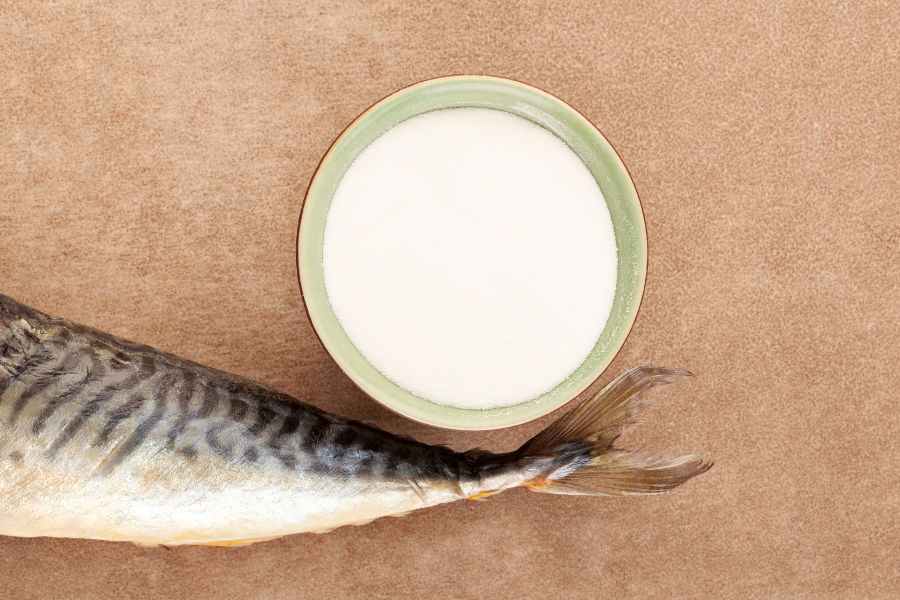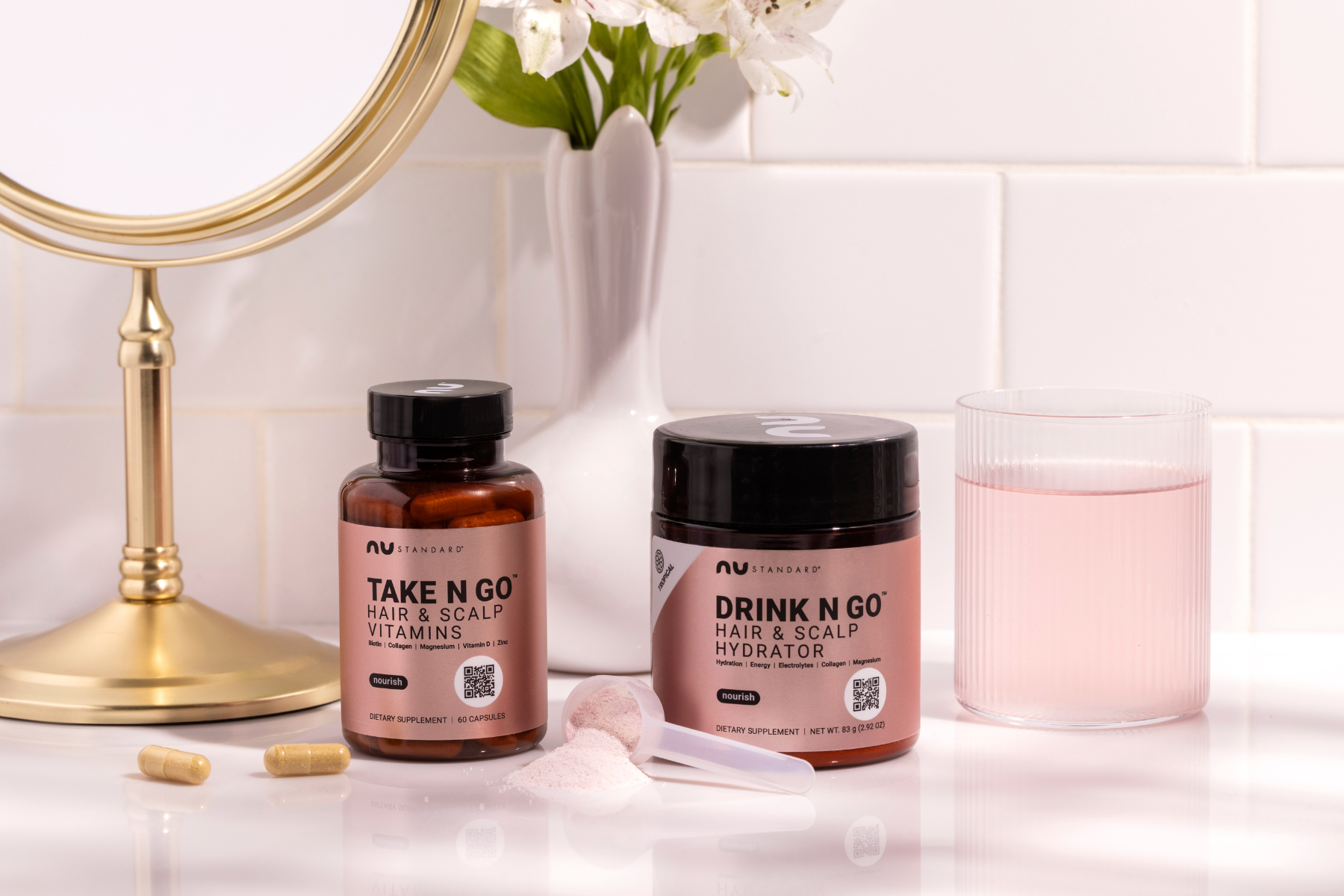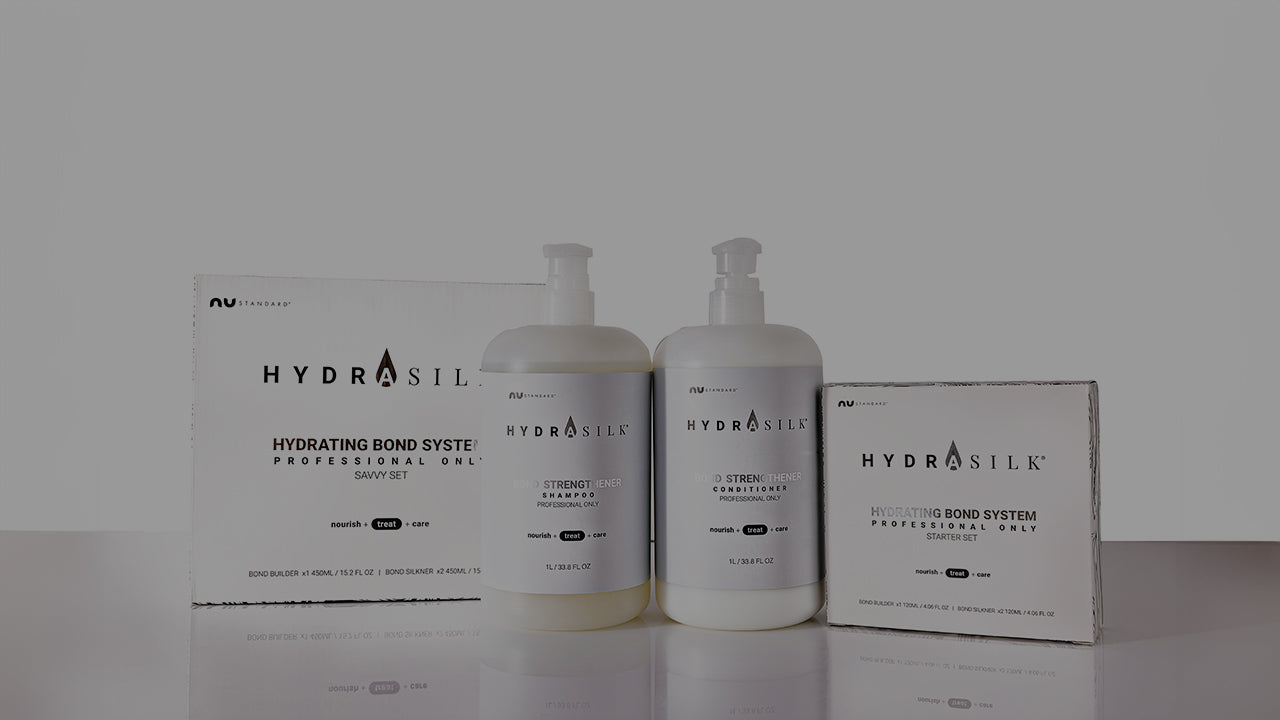Perimenopause Explained: Essential Tips, Foods, and Supplements for a Smooth Transition

Since we collectively decided 2024 is the year of the truth, let’s finally be honest about the challenges of being a woman facing perimenopause. We often sugarcoat puberty and pregnancy/childbirth challenges, and it’s high time we talk about the good, the bad, and the ugly of perimenopause. And if you are wondering what perimenopause is, this is just the blog for you. And sure, you’ve probably heard about menopause and the process of your baby-making factory closing for business, but we don’t hear enough about what happens leading up to that final period, so let’s get into it.
What is perimenopause?
The prefix “peri” has Greek origins and means around, about, or enclosing. For us Queens, perimenopause is the transitional period leading up to menopause, marking the end of a woman's reproductive years. Unlike menopause, which occurs when a woman has not had a menstrual period for twelve consecutive months, perimenopause involves a series of hormonal changes that gradually reduce fertility and eventually stop menstruation. This phase typically begins in a woman's 40s but can start as early as the mid-30s.
Perimenopause is often seen mainly as a change in reproductive function, but many of its symptoms are actually related to the brain. Estrogen is vital for the brain, helping it respond quickly and manage its energy. During perimenopause, the connection between estrogen and the brain's energy system can weaken. This weakening can cause low energy levels in the brain, leading to neurological issues like disruptions in estrogen-regulated systems.
What are the symptoms?
Common symptoms include:
- Irregular menstrual cycles
- Hot flashes and night sweats
- Sleep disturbances
- Mood swings, depression, and increased anxiety
- Vaginal dryness
- Changes in libido
- Difficulty concentrating and memory lapses
These disruptions can affect various aspects of cognitive function. For some women, this low-energy state might raise the risk of developing diseases like Alzheimer's later in life.
On the other hand, perimenopause might also offer a chance to prevent age-related neurological diseases. By understanding and addressing these changes during perimenopause, there may be opportunities to maintain better brain health as women age.
How do we manage these symptoms?
Nature has what you need to get you through this transition, so treat your food like fuel. Fill your diet with the following nutrients (whether in food or supplements) to help manage the symptoms, balance your hormones, and prevent long-term damage to cognitive function:
- Calcium and Vitamin D are essential for bone health and can be compromised during perimenopause.
- Omega-3 Fatty Acids: These are found in fish oil and can support brain health and reduce inflammation.
- B Vitamins: B6, B12, and folic acid support energy levels and cognitive function.
- Magnesium: Helps with sleep and muscle relaxation and may reduce symptoms like anxiety and irritability.
- Vitamin E: Known for its antioxidant properties, it may help with hot flashes and night sweats.
- Black Cohosh: An herbal supplement that may help reduce hot flashes and other menopausal symptoms. It can potentially cause liver damage in high doses, so supplement with caution.
- Phytoestrogens: Found in soy products, red clover, chickpeas, garlic, walnuts, cashews, flax seeds, sesame seeds, lentils, apples, peaches, strawberries, pomegranates, carrots, yams, alfalfa sprouts, and whole grains. These plant-based estrogens can help balance hormone levels.
- Probiotics: Support gut health and are linked to overall well-being and hormone regulation.
- Adaptogens: Herbs like Ashwagandha and Rhodiola that help the body adapt to stress and balance hormones.
Maintaining an active lifestyle and regular exercise can also help manage the symptoms. Prioritizing sleep and practicing meditation can also help.
At NU Standard, we emphasize mental health in maintaining healthy hair, and now we’ve learned how perimenopause is a big deal for your brain. While many women breeze through it, some face brain changes that could lead to issues later. This phase can be a turning point for brain health, so spotting problems early and energizing your brain is critical. Think of it as a chance to future-proof your brain and stay sharp for years.
As always, consulting with healthcare professionals specializing in women's health can provide personalized guidance and support during this period. And if you need any nutritious supplements to help you along your journey, we've got you covered, Queen!








Comments